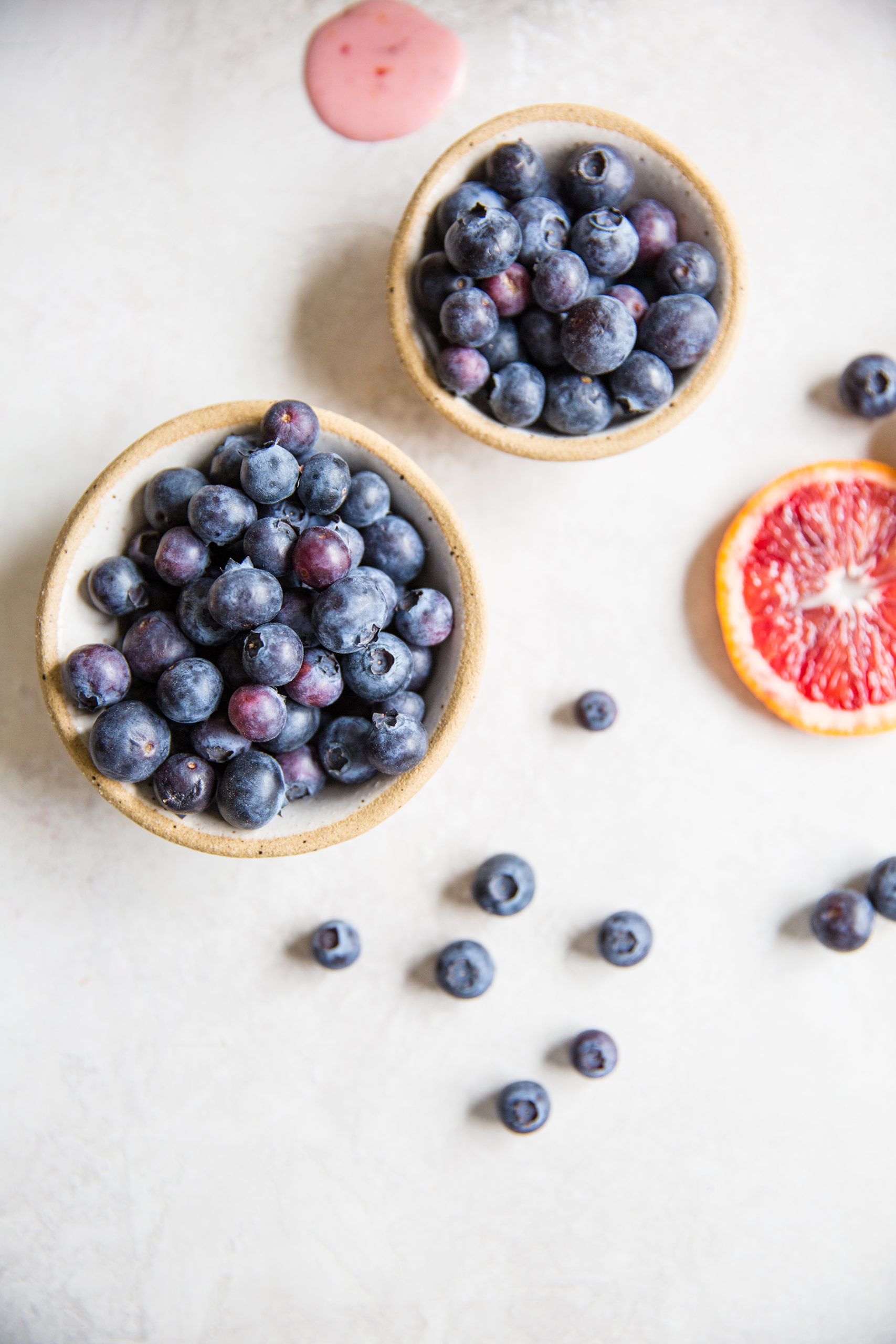Our health and how we age are not only dependent on our genes, exercise and a positive attitude. What we eat has a major influence on how well we look and feel as we head into our golden years. Simple changes to the choices made on a daily basis can make aging well something to look forward to.
Before we get to nutrition, however, there is one vitamin (really a type of hormone) that most of us are deficient in, but is essential to optimum health. Can you guess which one? It is vitamin D (specifically, vitamin D3 or Cholecalciferol), and many longevity experts call it the miracle anti-aging vitamin.

VITAMIN D
A lack of D3 is thought to be a factor in many health problems, from increased cancer risk to inflammation and osteoporosis. Our bodies make vitamin D when our skin is exposed to sunlight. Ten to fifteen minutes per day between the hours of 10am and 3pm on unprotected skin is all you need. However, increased time is necessary for those who are older, have darker skin or are obese. By using sunscreen to prevent the risk of skin cancer after a thirty-minute sunbathe, not to mention wrinkles, or if you happen to live in northern regions (37 degrees above the equator or basically north of Atlanta, GA) during the winter months, you are unlikely to get sufficient sun exposure to produce enough. Since our vitamin D level decreases with age, and it can be difficult to get adequate amounts from the food and beverages we consume, the majority of individuals take it in the form of a supplement. Your doctor can arrange for a simple blood test that will determine if your vitamin D3 level is within the recommended healthy range; ideally between 30 and 60 ng/ml. In the meantime, you can eat more fatty fish, mushrooms, and fortified dairy, juice and cereal products.
VITAMINS & MINERALS
We also tend to become deficient in B vitamins, especially B6, as we age. Thankfully, this vitamin is one you can easily get through food by choosing poultry and other meats, as well as fish including cod, salmon, halibut and tuna. Fruits and vegetables such as avocados, red bell peppers, spinach, yams and potatoes with the skin on, asparagus and green peas are also excellent sources of this essential vitamin. Snacking on unsalted sunflower seeds, chestnuts and pistachios will supply a good dose of B6 too.
If you want to age well, there’s no better strategy than loading up on the veggies. They provide essential minerals and vitamins. Plus, they are chock full of natural antioxidants. Strive to eat a “rainbow” of colors, as the darker the pigment in the food, the more minerals and vitamins it contains. Choose dark green leafy greens including kale and Swiss chard, orange and red foods such as carrots and tomatoes, purple fruits and veggies similar to blueberries and beets, as well as yellow foods like peppers and squash.
FAT
Fat is not the enemy when it comes to aging well. Good fat from omega-3 fatty acids, that is. Two crucial ones – EPA and DHA – are primarily found in certain fish. Two to three servings of fish a week is adequate, since so many types are contaminated by mercury, PCBs, dioxin or other toxins, so more is not necessarily better. This warning about fish is true especially for children and pregnant women. Another omega-3 fatty acid, ALA (alpha-linolenic acid), is found in plant sources such as nuts and seeds like walnuts, chia and oils from flaxseed. These all support heart health and brain cell function, among other anti-aging benefits. They are also thought to be important for cancer prevention and reducing the risk of autoimmune disease, which can increase as we age.
FIBER
An additional strategy for nutritionally aging well is to increase your fiber consumption. Although we need a little less as we get older, most of us never reach the recommended 21-38 grams per day. Aim for two servings of fruit, three vegetables and three to four portions of whole grains daily. Remember to gradually increase your fiber intake, as well as your water to prevent any gastro-intestinal discomfort.
WATER
Most everyone can drink more water. It is essential to cellular function and organ health, including adequate digestion and glowing skin. Who doesn’t want that? Increasing your water intake gradually is the key to establishing a new habit. Start by drinking one glass for every caffeinated beverage you consume. Then slowly begin to replace other liquids like diet drinks, fruit juices or sugary beverages to work up to a minimum of eight glasses a day. Be sure to consult your physician or a Registered Dietitian Nutritionist if you have a heart, kidney or lung disease as your fluid intake may need to be limited.
BREAKFAST
Last, but not least, don’t skip breakfast. It is the most important meal of the day for fueling your body and maintaining your metabolism. Choosing your breakfast foods wisely will give you the energy needed to start your day on the right track. Reserve fast food, high-fat options, toaster items, and high-sugar cereals to infrequent emergency situations.
Hopefully by implementing the suggestions offered you will begin aging well by eating well.
Regina Saxton is a Registered Dietitian Nutritionist specializing in intuitive eating behaviors helping women develop a healthy relationship with food and their bodies while managing weight and disease for optimum health. She has a private practice out of Georgia and offers virtual nutrition coaching nationally. You may contact her at regina@eatingwellagingwell.com and www.reginasaxton.com.











